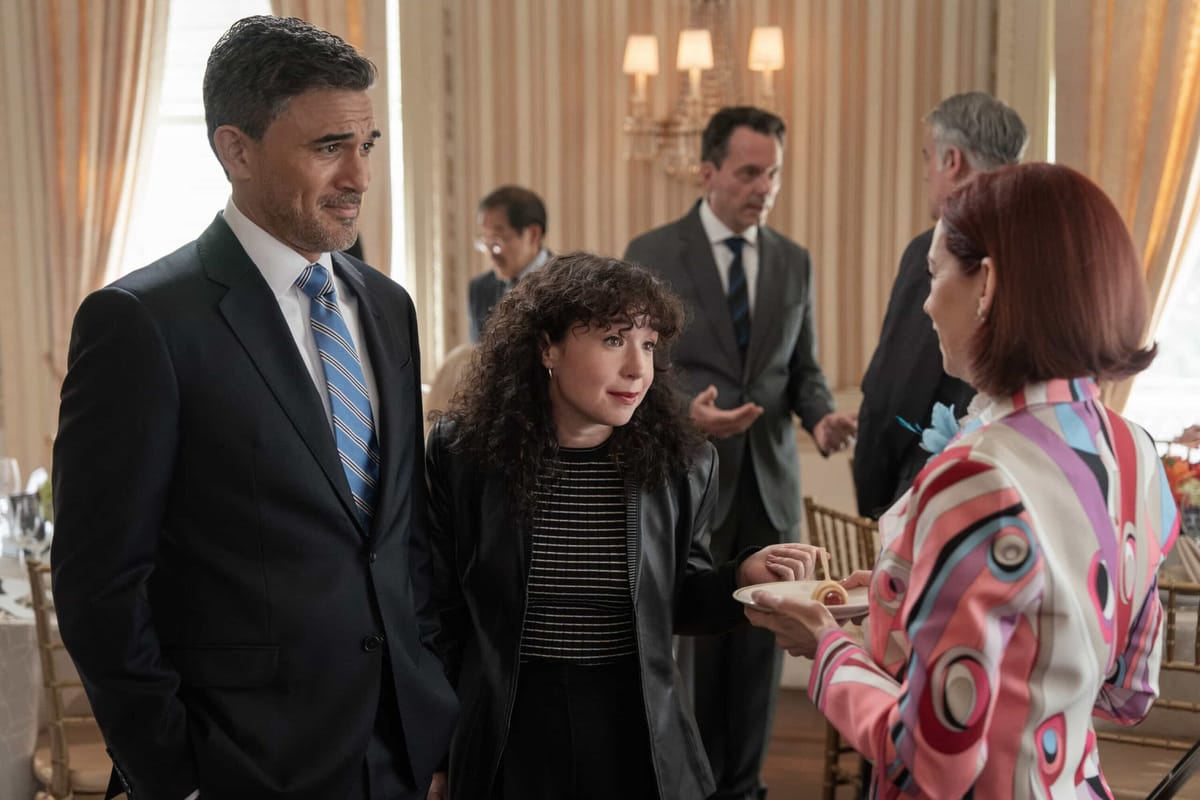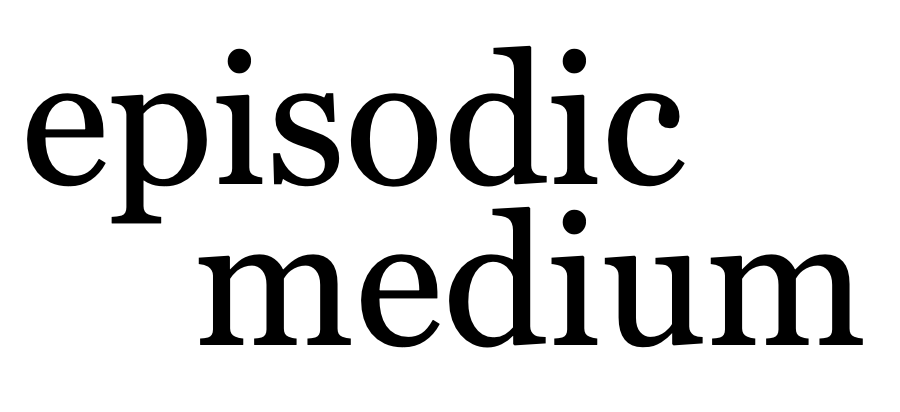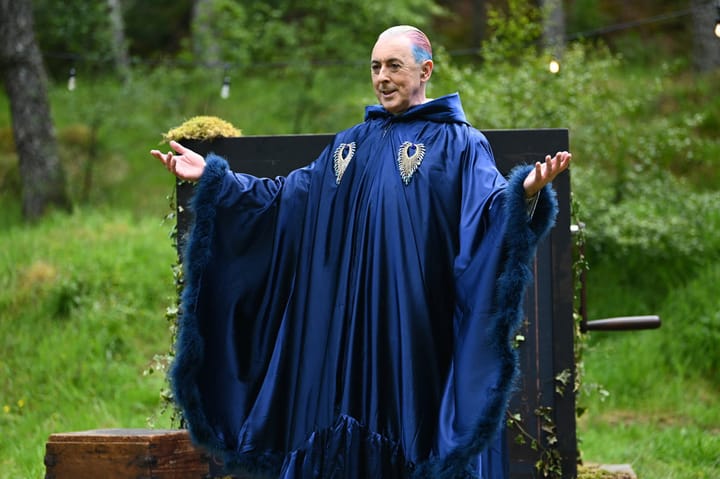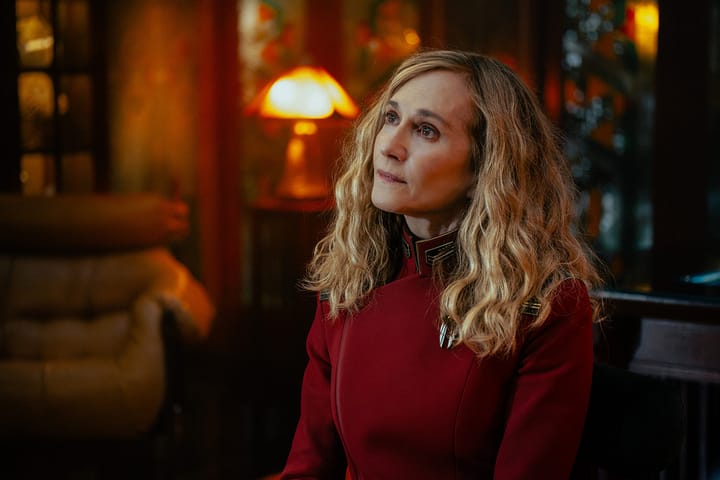Review: Elsbeth, “Poetic Justice” | Season 3, Episode 5 / Matlock, "Mousetrap" | Season 2, Episode 5
Which is the better word for blue: cerulean or azure?

“We might be screwed either way, but you’re the better choice. Psychologically.”
As I noted last week, I’ve been rewatching The Good Wife (for the first time since it concluded in 2016) on the side. Aside from setting the foundation for who Elsbeth Tascioni is and how so many people in the universe the Kings have set up gradually realize she’s a lot shrewder than she appears on first blush, it’s been helpful to remember that this show wasn’t just a case of being ripped from the headlines in terms of its initial premise—many episodes felt as current as humanly possible without feeling dated. Certain episodes are clearly inspired by everything from The Social Network and its depiction of Mark Zuckerberg to Olympic doping scandals. (One particularly notable example is the season-two episode "VIP Treatment," where a masseuse goes to Lockhart/Gardner to see if she can sue a beloved Democratic leader for sexually harassing her, a tense installment that feels like a precursor to the #MeToo era before that hashtag existed.)
Elsbeth, like its predecessor, exists in a version of the real world that is close to our own without being exactly ours. On one hand, as we now know from past episodes, there may not be an FAO Schwarz, but there’s a FAO Schwarz-like store with American Girl-like dolls. But there are also real-life Broadway shows and some real-life politicians. Political scheming was a huge part of The Good Wife, embodied as much by Peter Florrick and his quest to regain political power in Chicago, if not Illinois itself or the entire country, as it was by political operative Eli Gold. As played by Alan Cumming, Eli Gold was a relentless, fierce, smart, and uncompromising strategist who may have had a soft spot for the eponymous Alicia Florrick, but also would do just about anything to get his specific candidates ahead, even at the cost of alienating those around him, including his ex-wife and his daughter, Marissa.
Ah yes, Marissa Gold (Sarah Steele), who’s as charming, sly, and sharp as her dad. Although we’ve gotten references to the world of The Good Wife in past episodes, Marissa is just the second crossover guest to bridge the two shows (as well as the other spin-off, The Good Fight). Where those two shows had a massive cadre of guest stars on an episode-by-episode basis, this one is deliberately more limited in scope, so we haven’t had much reason to see anyone else in Elsbeth’s sphere (sadly). Although Marissa’s presence in “Poetic Justice” is the episode’s subplot, it’s hard not to talk about it first, considering that the show is essentially using Marissa to ask the following question: “What if Elsbeth got romantically involved with Zohran Mamdani?”



